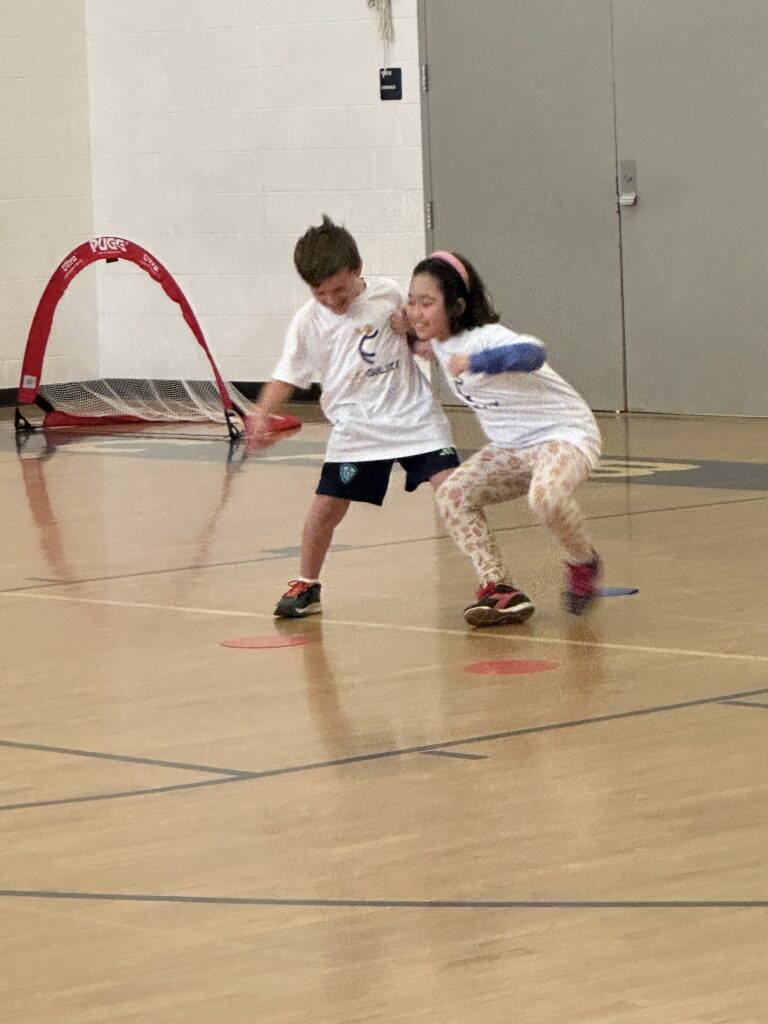Introduction
Soccer is by far the most popular sport in the world, providing kids with a chance to develop athletic skills, make friends, have fun, and build confidence. But with competitive pressures, rigorous schedules, tournaments, and over-coaching, some kids face burnout, lose interest, and ultimately leave the sport. No wonder why it is frequently quoted that 70% of kids drop out from organized sport by the age of 13.
As youth soccer coaches and at Kidgility we focus on the development process and not short-term outcomes. Our goal is not to develop or discover the next Messi, rather our goal is to help as many kids fall in love with the game and focus on improvement to maximize their individual potential. We want kids to continue playing the beautiful game for as long as possible and at any level they desire – it’s their game! Separately, it is important to note that social media and video games are also competing for kids’ attention & time. As parents, coaches, and organizers, it is our responsibility to ensure that youth soccer remains fun and fulfilling. By focusing on enjoyment and development, we can help kids stay engaged and continue their soccer journey for years to come.

Make it fun and stress free
- Incorporate fun games: Make practices fun by incorporating fun activities like relay races, tag games, or simple free play – the game is surprisingly fun!
- Encourage Multi-Sport Participation: this is especially important at a young age – specializing in any sport too early can lead to burnout and overuse injuries. However, if schedules conflict and kids miss practices and/or games then this can send the wrong message. We want to teach commitment as well.
- Encouraging friendships: Organize team-building activities like pizza nights, game video nights, group outings and so forth.
- The score is 0-0: Match scores can be viewed as a defining characteristic by a child (just as exam scores in school). Games are not meant to be an assessment of a child – they are also a vehicle for learning and development. At Kidgility we believe that an overemphasis on winning is one of the core reasons for kids dropping out of the game. There is just too much pressure on a 9, 10 or 11 year old to win. As the Positive Coaching Alliance (PCA) puts it – focus on the mastery scoreboard and not the result scoreboard.
We want to be clear that fun does not mean we water down practices or we goof around. Fun and competitiveness/intensity are not mutually exclusive. When kids associate soccer with enjoyment and learning rather than stress, they’ll naturally want to stick with it and they will continue to improve.
Prioritize growth over winning
While competition can be motivating, an overemphasis on winning can place undue pressure on young players. Instead:
- Emphasize a growth mindset: Remind kids that they can develop their abilities through dedication and hardwork. Praise kids for their effort, perseverance, teamwork, and skill development.
- Celebrate small victories: Focus on and praise small victories such as success on completing skill moves or success in a sequence of play or for good decisions.
- Provide age-appropriate competition: Ensure kids play in leagues or divisions that match their skill level and maturity.
- Promote teamwork: Teach kids to value collaboration and sportsmanship over individual glory.
- Be honest: We do not believe in telling kids that their actions were good if they weren’t – kids will see through that. Being genuine with the kids and showing them what they need to work on and how will foster trust especially when the kids see the changes and improvement.
- Support diverse skill levels: This one is usually frowned upon by the more competitive coaches/parents. However, we need to recognize that some kids are late developers (physically and technically) and that current ability ≠ future ability. At Kidgility we are huge fans of the and the idea from PCA that Effort + Mistakes = Learning. We are teachers first!
Adopt a long term development approach
Bayli et al describe 7 stages in their long term development model (LTAD) which we slightly adapt in the table below:
PLAY ↓ FUN ↓ TRAINING |
|
| |
| |
| |
COMPETE ↓ WIN |
|
| |
|
By adopting a long-term development model, we can change the focus at a young age from winning and competition to FUN, learning, development, and training. Simply put, we want kids to start playing, fall in love with the game, and learn how to train so they continue playing and eventually move into competition and winning. Winning at a young age involves more than just the score of a single game. This long-term approach emphasizes that winning is built on a foundation of fundamental steps, not by minimizing the importance of winning.
Conclusion
Youth soccer is about more than producing the next pro athlete—it’s about creating an environment where kids can thrive, grow, and develop a lifelong love for the game. By keeping the focus on fun, and personal growth, we can have more kids continue to play soccer and help them enjoy the sport for years to come.
